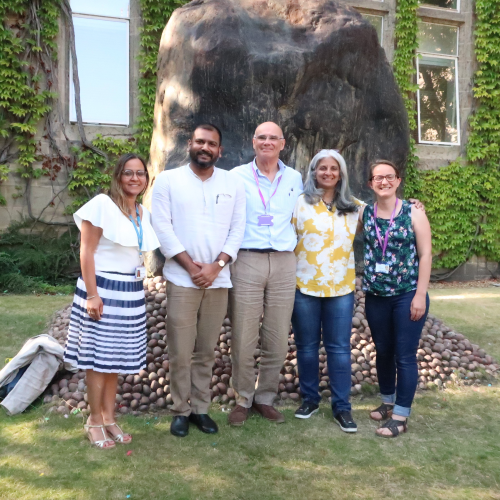
Background
In South Asia, there are limited community-based services to support the early detection and provision of evidence-based interventions for young children with neurodevelopmental disabilities, especially autism. Adding to this, public systems have to draw from a negligible pool of skilled specialist providers to deliver services. NAMASTE aims to address these two problems in innovative ways.
About the programme
NAMASTE will design, implement and evaluate a flexible detection and care pathway for young children with neurodevelopmental disabilities (NDDs) with a focus on focus on autism in the four identified districts of India, Nepal, and Sri Lanka. The pathway components will be adapted based on contextual findings so they can be delivered by non-specialist providers under specialist supervision in these locations.
NAMASTE builds on a decade-long collaboration between Sangath and the University of Manchester through which the team has carefully adapted, expanded and tested an evidence-based intervention for children with social communication difficulties in the South Asian context. This intervention is called the Parent-mediated Autism Social Communication Intervention for non-Specialists Plus (PASS Plus).
NAMASTE will design a detection-care pathway which will use the Social Attention and Communication Surveillance (SACS) tool developed by La Trobe University in Melbourne, Australia and link this to two interventions: the group-based generic Caregiver Skills Training for families of children with developmental delays or disabilities (CST) which has been developed by the World Health Organization for families whose children do not meet autism risk and the PASS Plus for children who screen positive for autism risk.
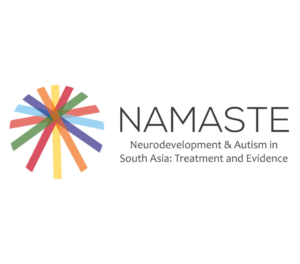
Our aim is to address the current gaps where families are struggling to access early detection and care services. To achieve these aims we will be:
Jonathan Green
Principal Investigator
Clinical Professor, Child & Adolescent Psychiatry, Division of Psychology & Mental Health University of Manchester, University of Manchester (UK)
Gauri Divan
Principal Investigator
Developmental Paediatrician and Director, Child Development Group, Sangath (India)
Reetabrata Roy
Co-Lead
Programme Director, Public Health Researcher and Programme Implementation, Sangath (India)
Vivek Vajaratkar
Co-Lead
Occupational Therapist, Sangath (India)
Deepak Jangra
Team Lead
Data Manager, Sangath (India)
Pattie Gonsalves
Co-Lead
Mental Health Researcher and Public Engagement Specialist, Sangath (India)
Gopika Kapoor
Co-Lead
Parent Representative, Advocate, Therapist (India)
Kathy Leadbitter
Co-Lead
Research Fellow, Division of Psychology & Mental Health, University of Manchester (UK)
Shruti Garg
Co-Lead
Clinical Senior Lecturer, Division of Psychology & Mental Health, University of Manchester (UK)
Paul Wilson
Co-Lead
Senior Lecturer – Implementation Sciences, Division of Population Health, Health Services Research & Primary Care, University of Manchester (UK)
Gemma Shields
Co-Lead
Lecturer in Health Economics, Division of Population Health, Health Services Research & Primary Care, University of Manchester (UK)
Linda Davies
Co-Lead
Professor of Health Economics, Division of Population Health, Health Services Research & Primary Care (UK)
Dr Catherine Aldred
Co-Lead
Consultant Speech and Language Therapist & Honorary Lecturer, University of Manchester (UK)
Richard Emsley
Co-Lead
Professor of Medical Statistics and Trials Methodology, King’s College London (UK)
Sunita Maleku Amatya
Co-Lead
Chairperson, AutismCare Nepal Society
Rena Shresta
Co-Lead
Director, AutismCare Nepal Society
Asiri Hewamalage
Co-Lead
Consultant Community Physician, National Program Manager – Child Care, Development and Special Needs, Ministry of Health (Sri Lanka)
Dilini Vipulaguna
Co-Lead
Postgraduate Trainee in Community Paediatrics (Sri Lanka)
Abhipreet Kaur
Team Lead
Programme Coordinator, Detection, Monitoring & Evaluation, Sangath (India)
Prachi Khandeparkar
Team Lead
Health Systems Engagement Lead, Sangath (India)
Sweta Pal
Team Lead
Director, Community Engagement & Inclusion, Sangath (India)
Anuradha Krishnamurthy
Team Lead
Senior Programme Coordinator, Implementation, Sangath (India)
Amit Naik
Team Lead
Senior Administration and Finance Coordinator, Sangath (India)
Abhipreet Kaur
Team Lead
Programme Coordinator, Detection, Monitoring & Evaluation, Sangath (India)
For further details please write to us at namastedelhi@sangath.in
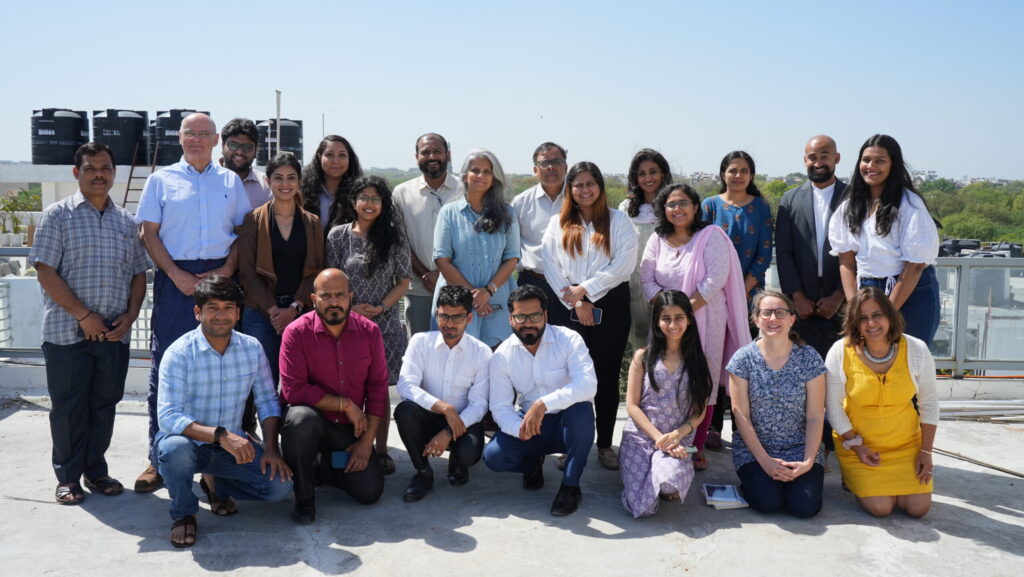
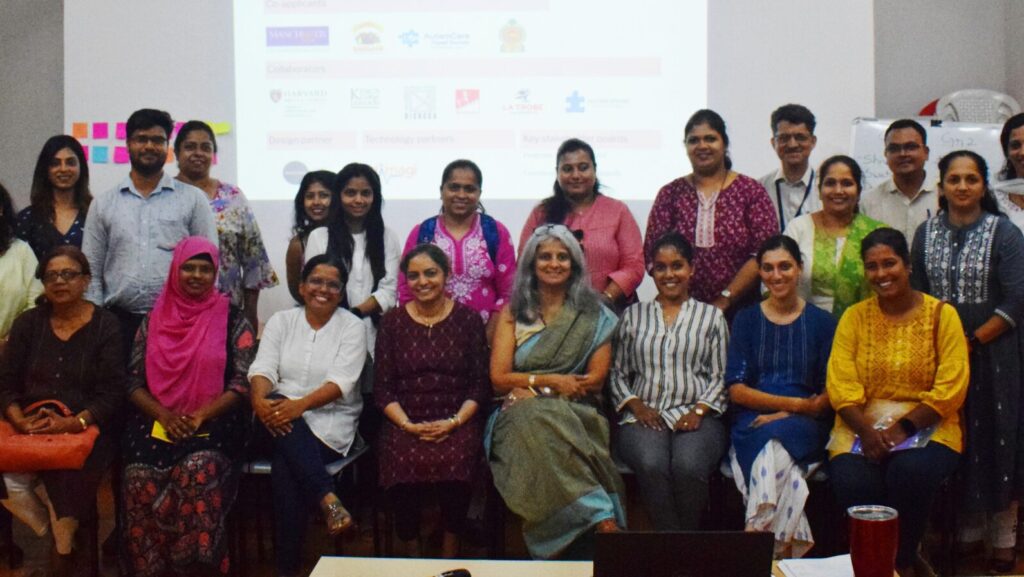
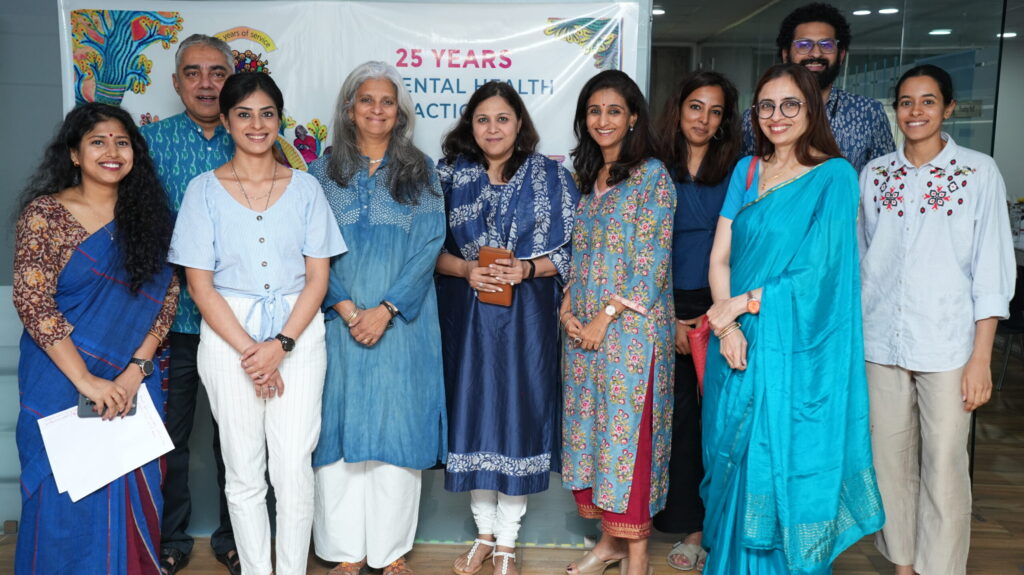
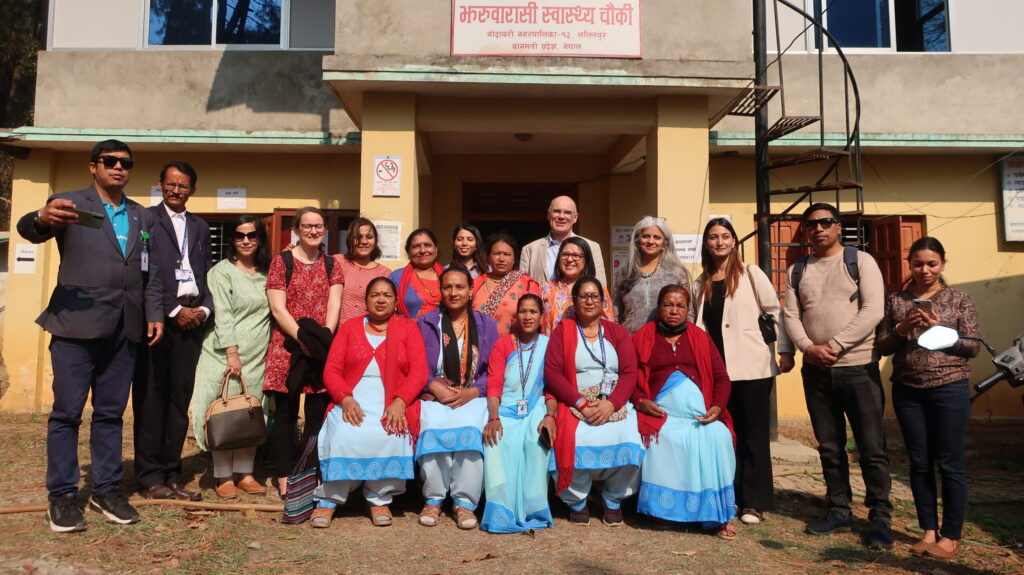
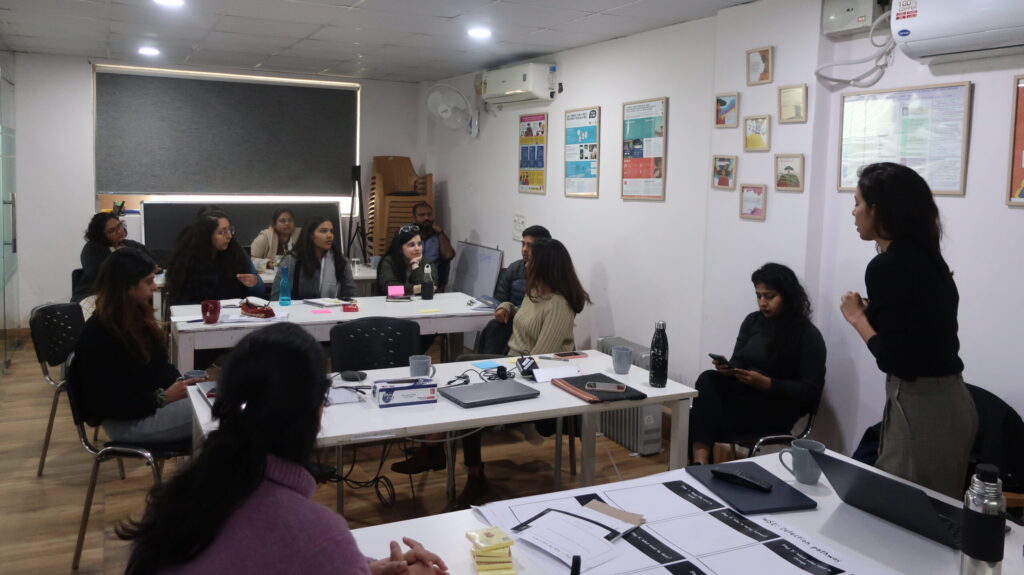
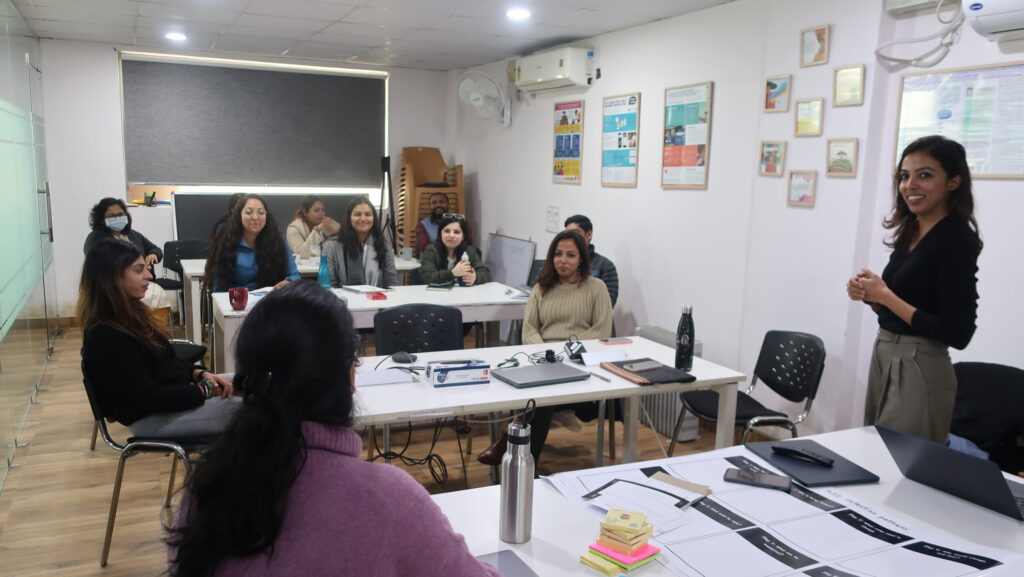
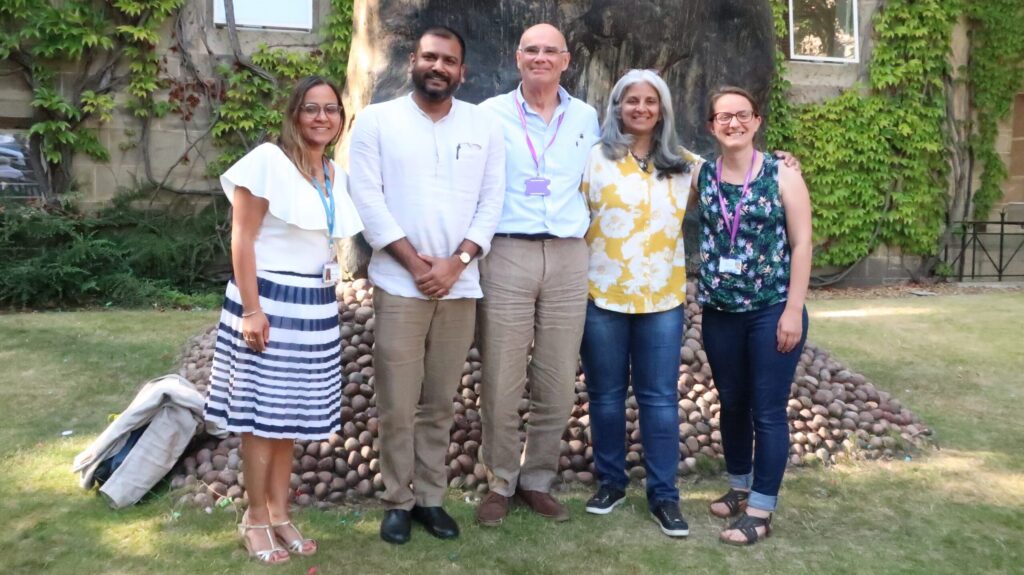
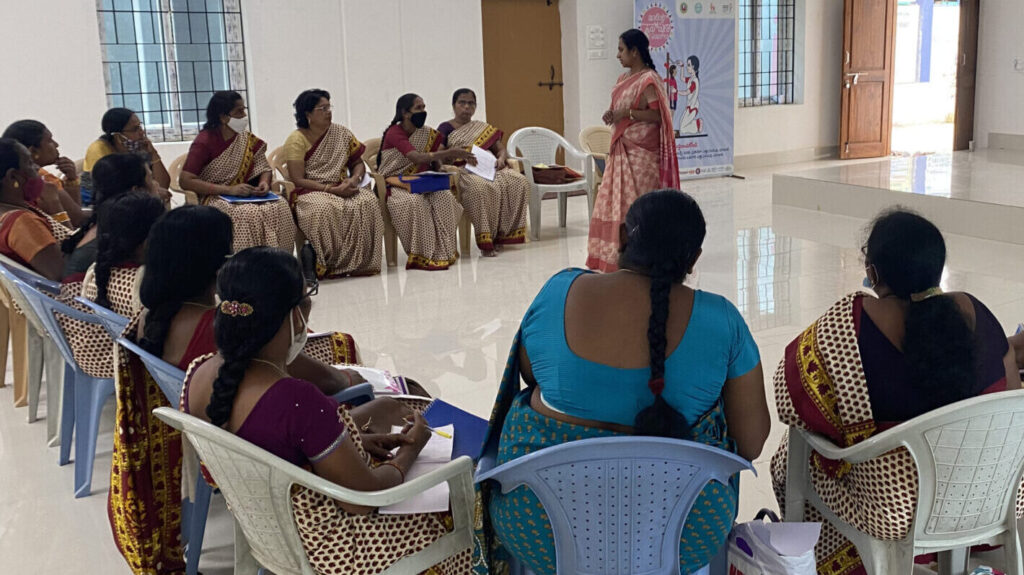
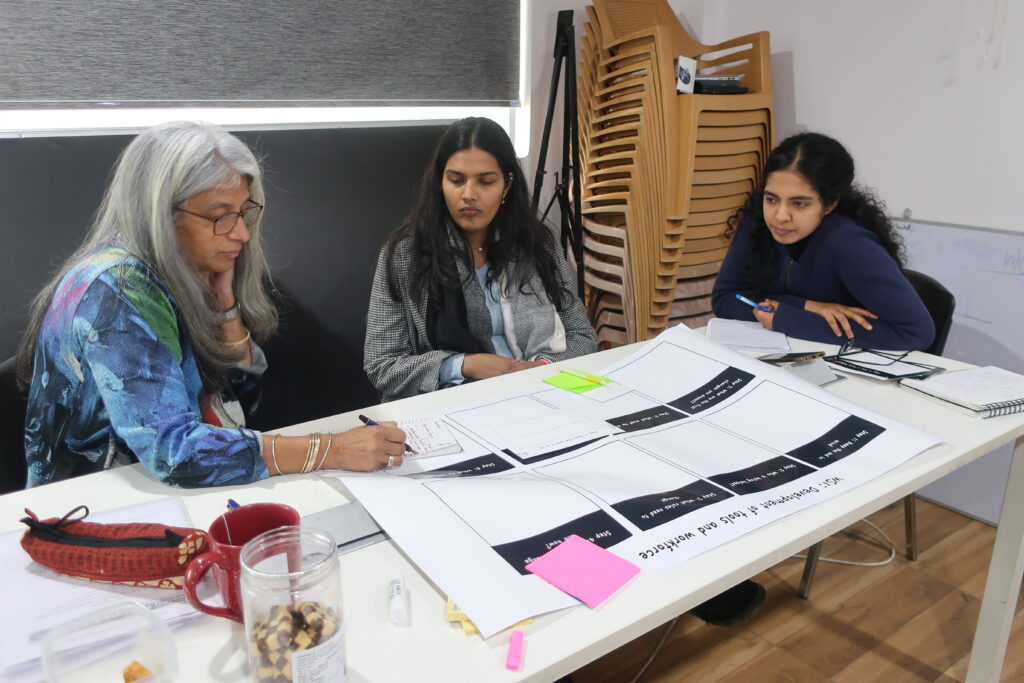
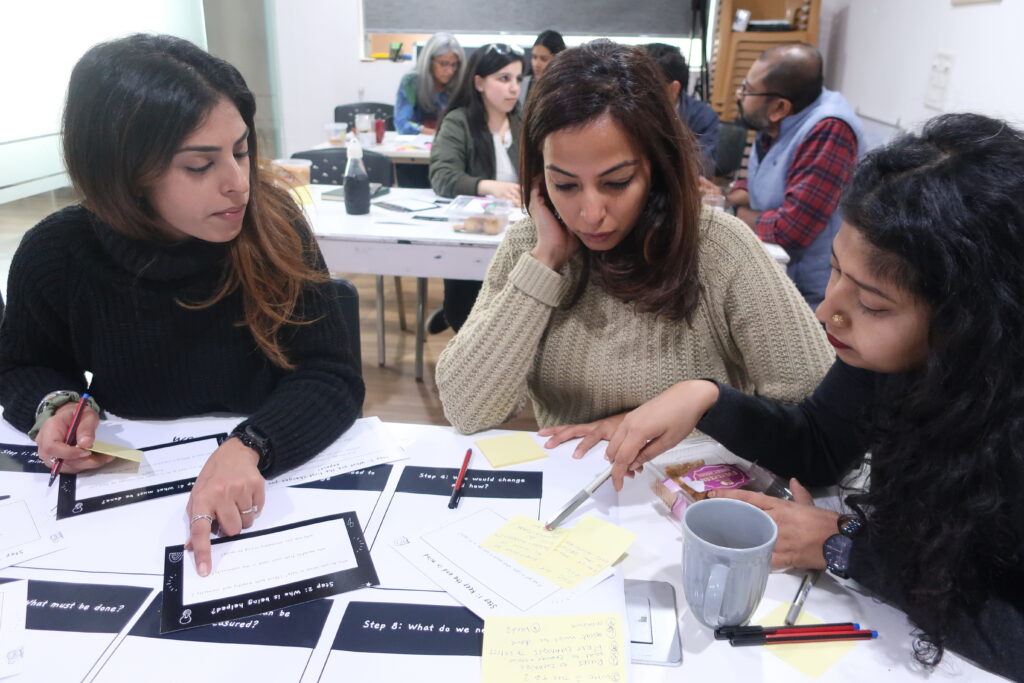
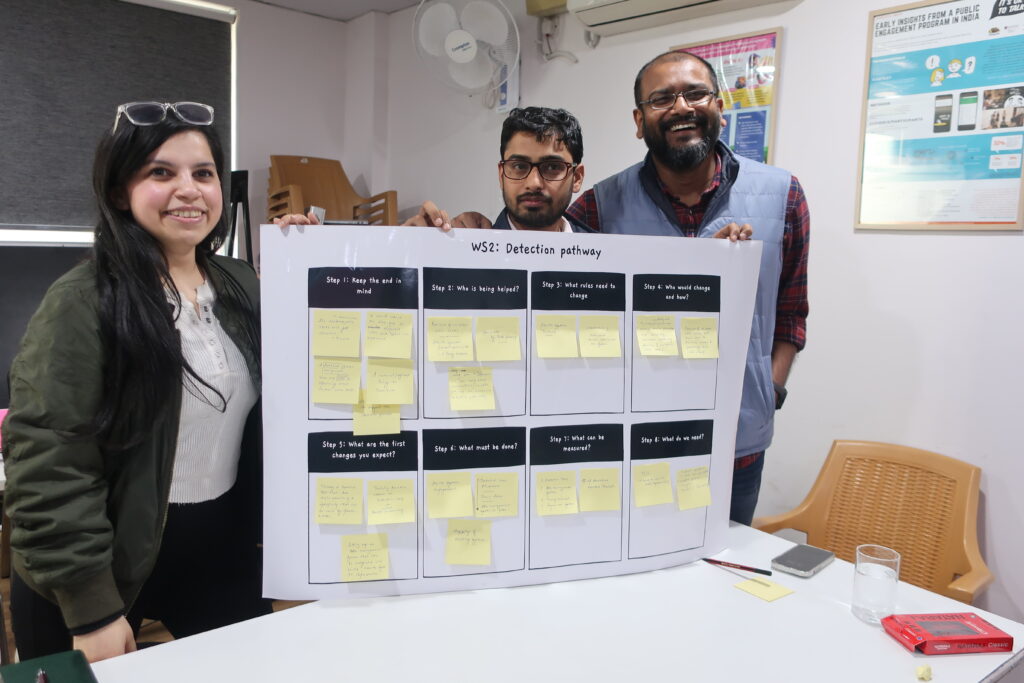
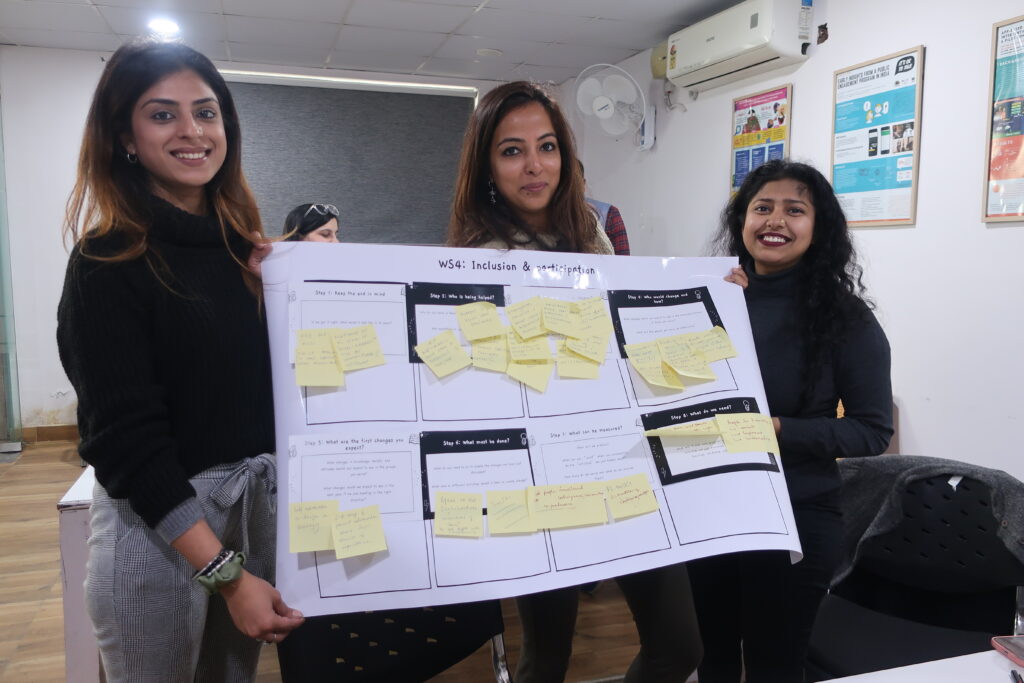
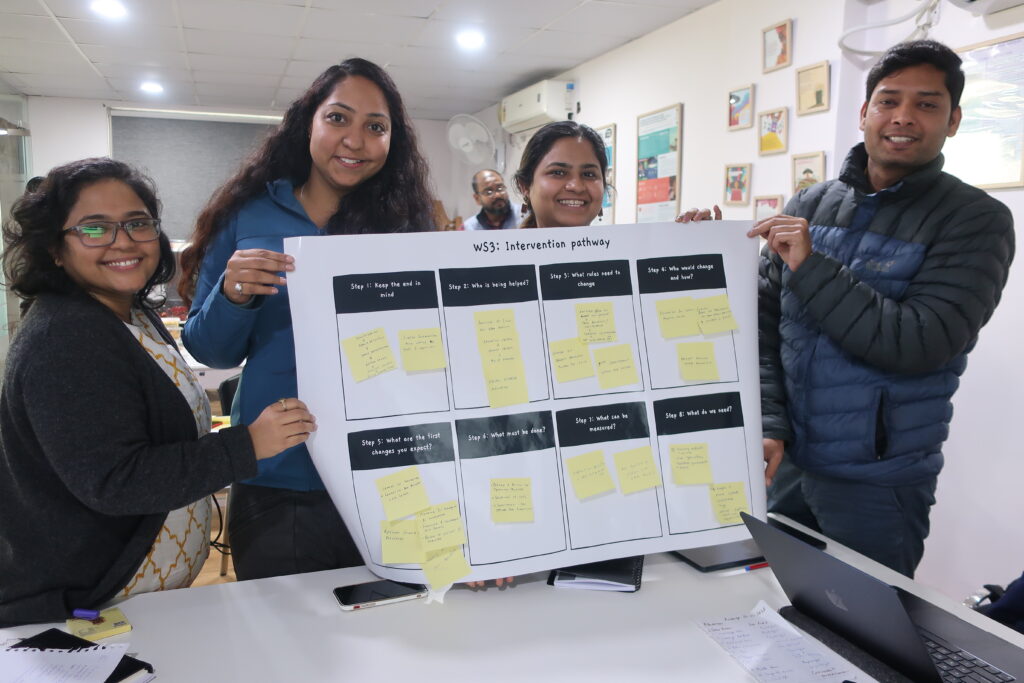
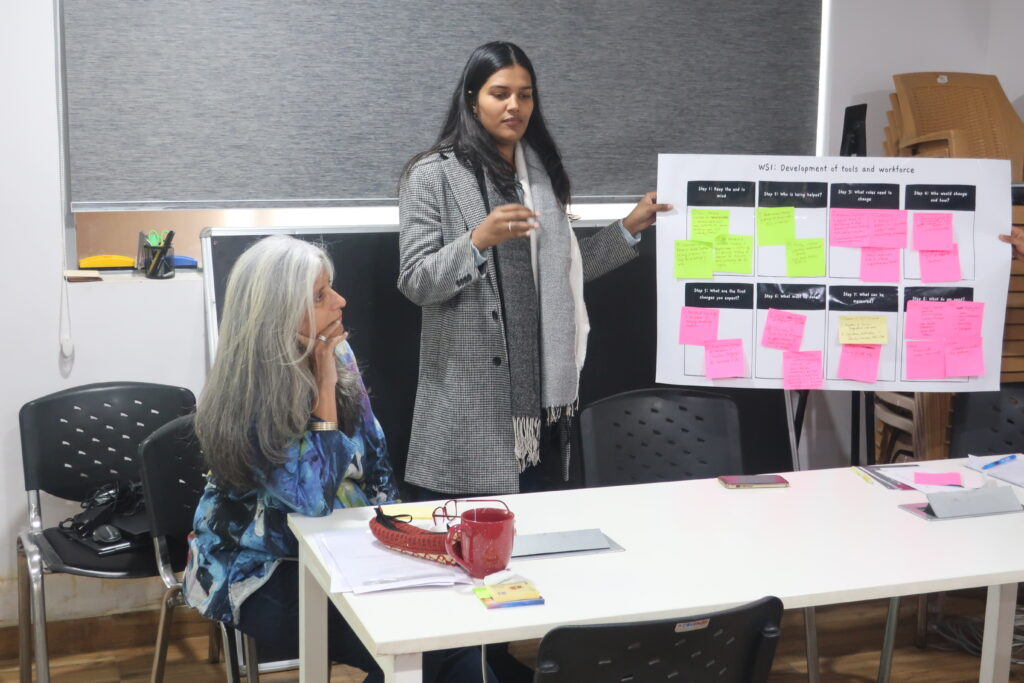
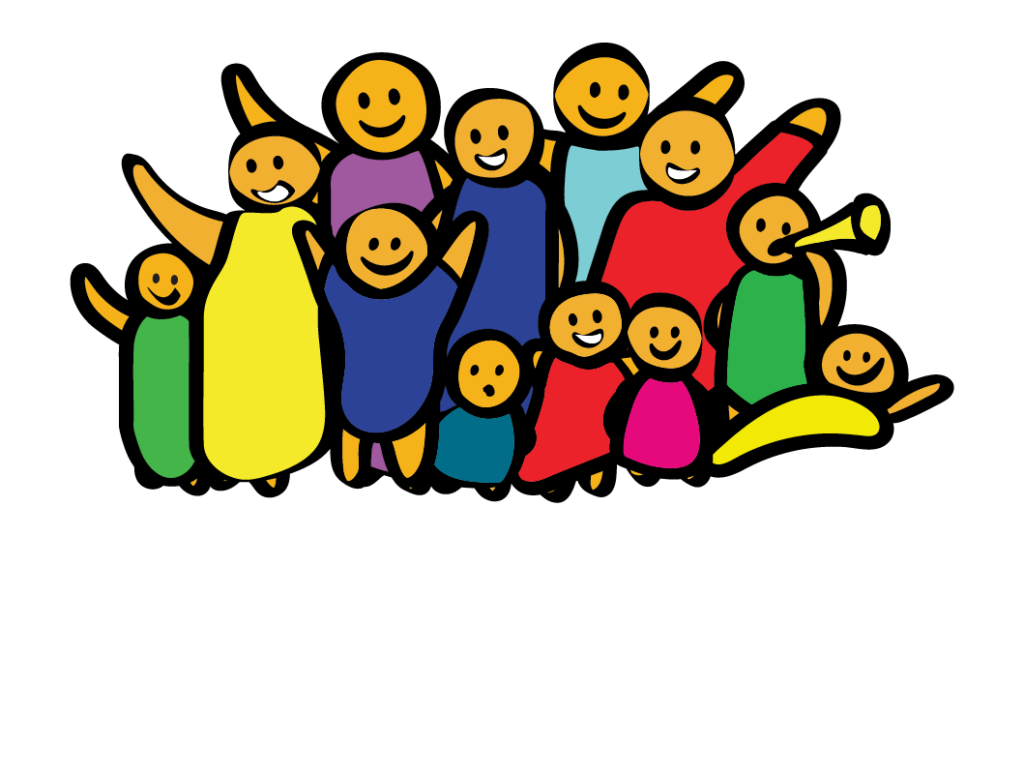
do_shortcode(‘
‘)